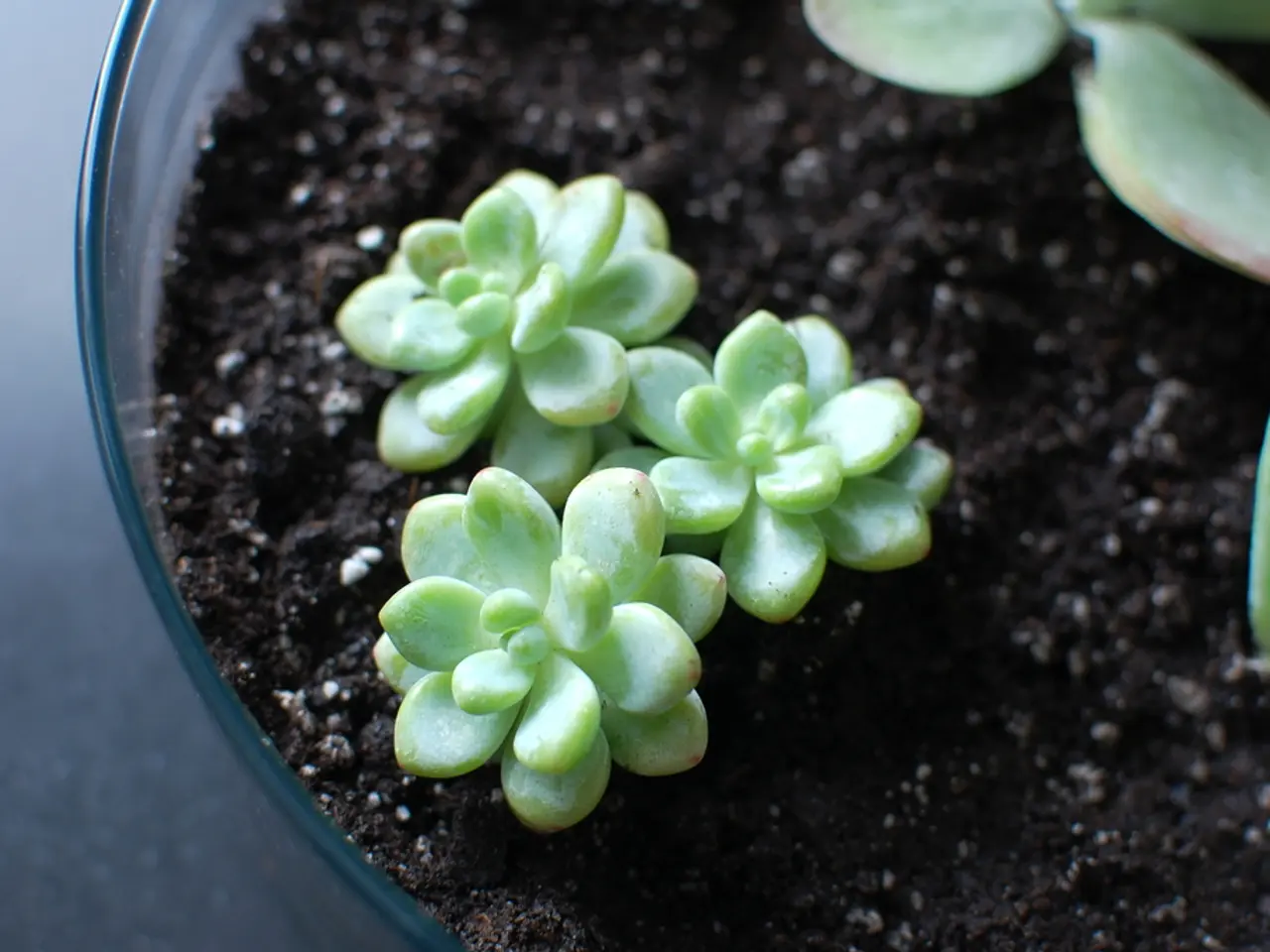Effect of Non-Alkaline Soils on Plant Development and Wellbeing
In the world of horticulture, the pH level of soil plays a crucial role in determining the health and growth of plants. Most plants thrive best in slightly acidic to neutral soil, with a pH level typically ranging between 6.0 and 7.0. This type of soil, known as non-alkaline soil, offers several benefits for plant growth compared to alkaline soil.
One of the key advantages of non-alkaline soil is improved nutrient uptake. In alkaline soils, many essential nutrients such as iron, manganese, zinc, and phosphorus become less available or insoluble, leading to deficiencies and impaired plant growth. Non-alkaline soils, on the other hand, maintain better availability of these nutrients, supporting healthier plants.
Another benefit of non-alkaline soil is enhanced microbial activity. These soils tend to support a richer and more diverse soil microbial community, which aids in nutrient cycling, organic matter breakdown, and soil structure improvement. This fosters better nutrient release and uptake by plants.
Non-alkaline soil also encourages better root development. The acidic to neutral pH soils improve root function and growth, enhancing water and nutrient absorption. Some studies indicate that amendments that lower soil pH also stimulate root growth and vigor, alleviating stress caused by alkalinity.
Moreover, non-alkaline soils help reduce toxicities. Alkaline soils can accumulate toxic ions such as sodium (Na^+^) and magnesium (Mg^2+), which harm plants. Managing soil pH towards neutral reduces these ions and balances the rhizosphere ionic composition, improving plant salt tolerance and health.
Optimized enzyme activity and physiological processes are also promoted in non-alkaline soils. Key plant processes like photosynthesis and respiration depend on enzyme activity, some of which is pH-sensitive. Neutral to slightly acidic conditions promote better enzyme function and nutrient transport within plants.
In contrast, alkaline soils can block nutrient uptake and negatively impact overall plant health unless specifically managed or corrected, commonly by acidifying amendments. For example, wood ash, while raising pH, provides potassium and calcium but lacks nitrogen, which often must be supplemented for good growth.
To maintain non-alkaline soil, gardeners can use a variety of techniques, including incorporating base or alkaline materials like agricultural limestone or wood ash. Sulfur compounds, organic materials like pine needles, compost, and manure can also be used to lower the pH level of non-alkaline soil.
In summary, non-alkaline soils benefit plants by maintaining nutrient solubility and availability, fostering beneficial microbial activity, supporting robust root development, and reducing toxic ion effects — all crucial for optimal plant growth compared to alkaline soils. Maintaining non-alkaline soil can help prevent physical abnormalities in plants and promote overall plant health and vitality.
Frequent use of sulfur compounds and organic materials like pine needles, compost, and manure can help in preserving the non-alkaline nature of the soil, ensuring optimal solubility and availability of essential nutrients such as iron, manganese, zinc, and phosphorus for healthier plants.
A balanced and diverse soil microbial community, facilitating nutrient cycling, organic matter breakdown, and soil structure improvement, isn't just a characteristic of non-alkaline soil, but also key for enhancing nutrient release and uptake by plants—essential for their fitness-and-exercise, health-and-wellness, and growth. Moreover, better root development and reduced toxicities, due to improved root function, water, and nutrient absorption, and reduced harmful toxic ions like sodium (Na^+^) and magnesium (Mg^2+), are further benefits science reveals that non-alkaline soils offer for plant nutrition.




